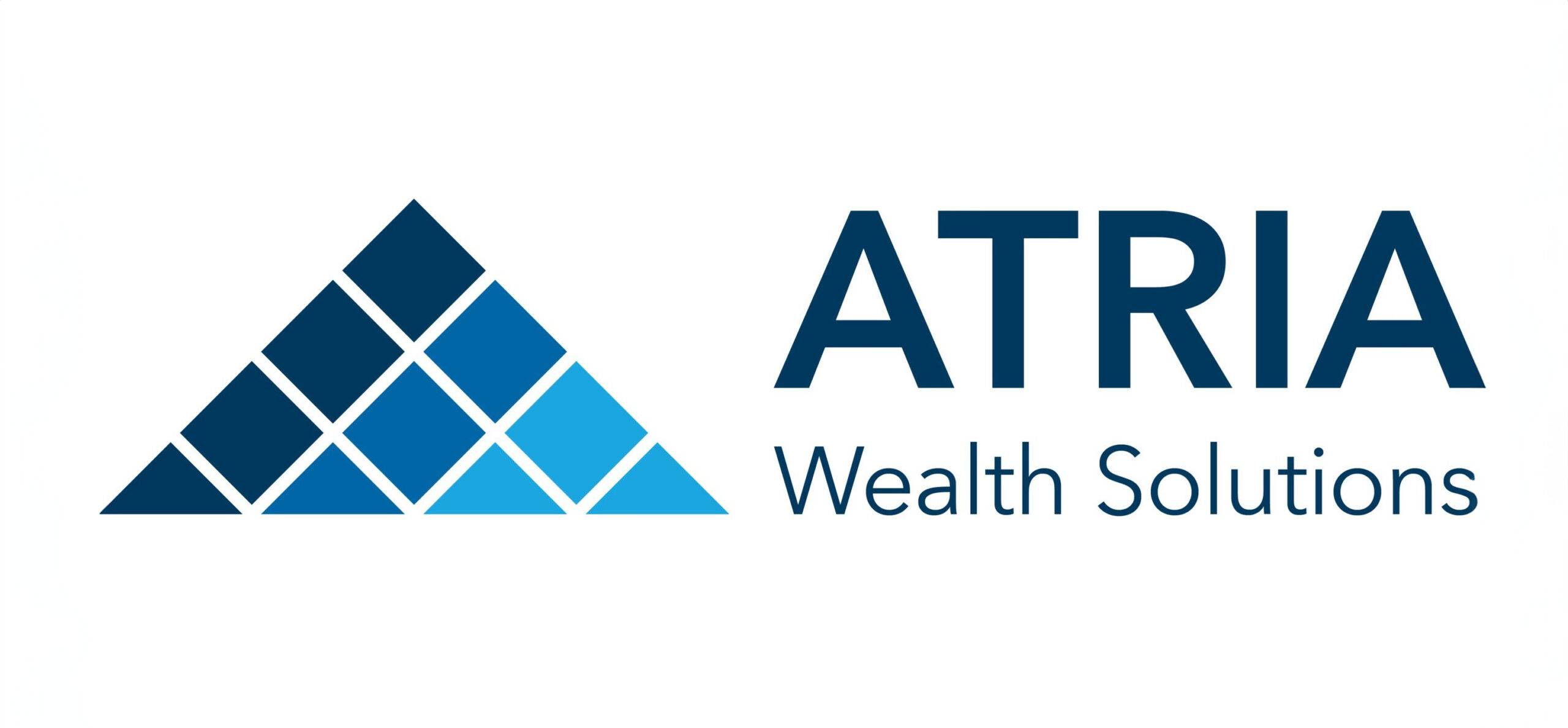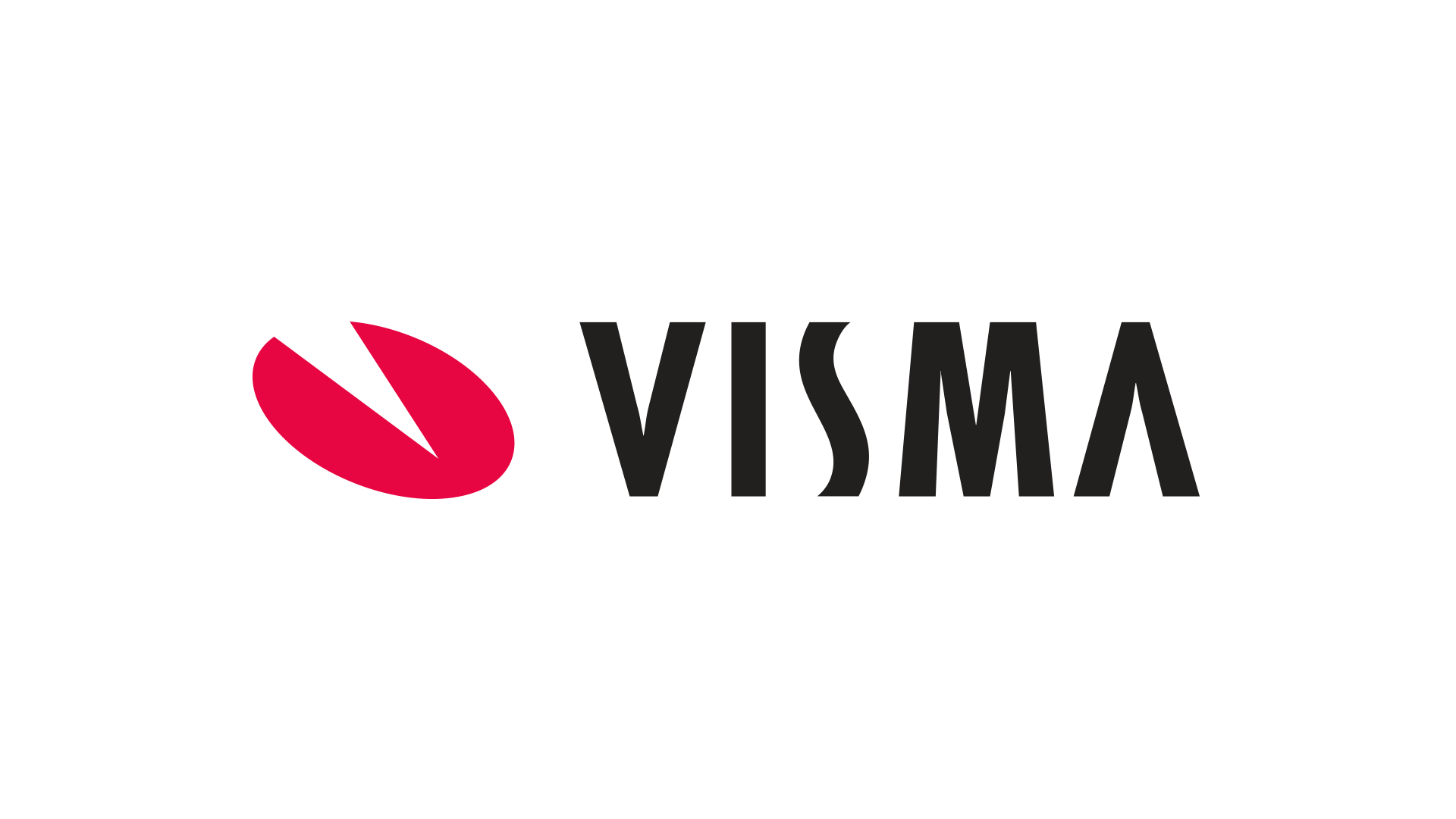- Private equity
- Papers
- Perspectives

Paul Newsome
Head of Investment Solutions
Private Equity
- Activity remained stable in the mid-market but fell sharply at the larger end
- The secondaries market shows remarkable resilience in the face of an overall difficult private equity market
- Balancing GP-led deals, single LP-stakes and direct secondaries has the potential to achieve the best outcomes for investors
Overview
If investors were expecting the private equity market to jump back into action in 2024, they will have been disappointed. After a subdued 2023, overall private equity investment and exit activity in the first quarter of 2024 continued to be challenged. However, there were bright areas in some segments of the market.
For example, in contrast to other regions, Europe showed strong positive growth in activity vs. the same quarter a year ago. Driven by the continued lull in exit activity, the secondaries market recorded its second-best ever year in terms of investment volume. Meanwhile, average EBITDA purchase price multiples are close to five-year lows, likely being pushed down by lower usage of expensive debt. For private equity investors, these are signs to remain optimistic.
Mid-market underpins activity
Returns remain positive
The global aggregate value of private equity deals closed during Q1 2024 was a paltry USD 86bn, 43% down on the same quarter last year[1]. This was driven by particularly weak activity in North America (-49%) and APAC (-72%), while Europe (+106%) rebounded in style, albeit off a very low Q1 2023.
However, while dollars deployed were significantly down, the number of private equity deals closed during Q1 2024 was only 9% down. This suggests that activity remained stable in the mid-market but fell sharply at the larger end of the market. Indeed, the average deal size recorded in Q1 2024 was USD 269m, 40% down on a year ago and the lowest in any quarter for eight years.
This magnified slowdown in activity at the large end of the market can be explained by interest rates remaining at a high level. After over 10 years of hovering around 6%, average LBO loan yields increased to almost 11% in the US in 2023, making buyout deals more expensive to finance[2]. Hitherto, large and mega cap private equity managers have relied on a high proportion of debt in their deals to achieve targeted returns. Thus, with debt much more expensive, they instead require purchase price multiples to fall significantly to maintain similar returns. However, this leads to a stalemate since sellers are preferring to wait than accept lower prices.
Since up to half of exit activity is driven by private equity managers buying from other managers, it is not surprising that exits were also down during this quarter. The global aggregate value of exits was USD 64bn, a decrease of 26% on the same quarter last year[3]. This decline was driven by North America (-41%), while Europe (+22%) and APAC (+31%) were both positive.
In Q1 2024, in contrast to the market, we have continued to see strong exit activity. In February 2024, we announced the biggest exit so far from our 2016 Direct program. We agreed to sell Atria, a tech enabled wealth management platform for independent broker dealers, to LPL Financial Holdings, a Nasdaq listed national independent broker dealer. This has been a market consolidation play, where the company has made eight significant acquisitions in a highly fragmented market. Since our investment in 2018, the company has grown its revenues from USD 140m to almost USD 900m. The exit, expected to close in Q3 2024, will lead to over USD 80m of distributions back to our investors, and a TVPI of up to 4.6x (3.8x net to investors).
Meanwhile, also in February, we agreed to sell two German companies, Academia and Certania, from our 2020 vintage direct program. Academia is a group of specialist medical laboratories focusing on pathology, human genetics and hematology. Certania is focused on testing, inspection and certification for the food and sustainability industries. We were the initial day one investors in these companies alongside Greenpeak Partners, a German buy and build specialist. Both companies will be exited via a continuation fund, managed by Greenpeak. For Academia, this will lead to a gross TVPI of up to 2.7x (2.3x net to investors) or more, depending on an upside sharing mechanism. For Certania, we will receive proceeds of 2.7x gross (2.3x net) and, since Unigestion will retain a 10% shareholding, the TVPI will be over 4.8x gross (4.0x net to investors).
Finally, we had a very good early exit from our 2021 vintage emerging manager fund of funds program. In February, Spirii, a Nordic provider of end-to-end software e-mobility charging solutions primarily to B2B customers (e.g. charge point operators, car park operators, etc.) to Edenred, a French listed payment service provider. Spirii is a co-investment we made alongside Nordic Alpha Partners less than 18 months ago. Unigestion participated in two successive funding rounds in October 2022 and October 2023 to help the company fund its transition from a turnkey e-mobility solution provider into a leading Platform-as-a-Service tech company. This transaction will return a gross TVPI of 2.5x gross TVPI (2.5x net to investors).
Despite feeble activity in the private equity market in recent quarters, average buyout returns have remained positive. In 2023, investors saw average buyout returns of 7.9% for the full year. This ranged from 5.4% for large buyout returns to 12.7% for mid-market buyout returns.
Meanwhile, investors in the public markets have been treated to much stronger returns. In 2023, the MSCI World was up 24%. However, any private equity investor will tell you that one does not invest in private equity for short term returns. Since 2007, annualised buyout returns have been 11.6% vs. 7.1% for the MSCI World, a premium of 450 bps.
It gets even better in the mid-market: since 2007, annualised mid-market buyout returns have been 13.1% – a premium of 600 bps over the MSCI World.
We also continue to see positive performance across our funds, driven by strong revenue and EBITDA growth within the portfolios. For example, in our latest Directs strategy, the portfolio companies have (on average) grown revenues by 27% in the last 12 months, while EBITDA margins grew from 24.6% to 24.9%.
In our Climate Impact Strategy, which we began investing in 2022, one of the standout investments is Carbonfree. This company has developed a technology to capture CO2 emissions from a variety of hard-to-abate industry processes and convert the captured CO2 into carbon free chemicals such as precipitated calcium carbonate (PCC). PCC is a high-value add product used in the manufacturing of paper, plastics, ceramics, rubber, paints & coatings, pharma and food/nutraceuticals. As such, the company recorded USD 15m of EBITDA in 2023. In Q1 2024, the company won a contract with U.S. Steel to build a second carbon capture installation. Once completed, this will lead to the doubling of the company’s EBITDA.
Secondaries on the march
Overall, the secondaries market grew marginally in 2023 (USD 109bn) vs 2022 (USD 102bn)[4]. This made it the second largest annual volume on record, but still some 13% below 2021 (USD 126bn). However, when we dip below the surface, the underlying trends gives us a feel for the market drivers – and a view on the continued outlook for 2024.
Secondaries market volume is trending at an all-time high.
After a slow start to the year, secondaries transaction volume picked up in H2 2023 recording a 57% increase over H1 2023[5]. In fact, H2 2023 volumes imply an annual run rate of USD 134bn, which is above the annual record set in 2021.
Secondaries dry powder remains steady.
In the last three years, dry powder for secondaries deals has oscillated between USD 225bn and USD 250bn, which is close to 2x secondaries investment volume[6]. This compares favourably to other parts of the private equity market (e.g. the same ratio is about 3x for buyouts). Given the continued glut in exit activity, the supply of secondaries deals is bound to remain healthy, suggesting that the market is currently in a healthy equilibrium.
LP-stake pricing was up, GP-led pricing was down.
The average pricing of a buyout fund was 91% of NAV, up from 87% in 2022 (but still below the recent peak of 97% in 2021)[7]. However, the indications are that pricing was lower for GP-led deals in 2023, with 32% of deals reported to be at 10% discount or lower, vs. 20% in 2022[8].
GP-led deals have steadied at around 45%-50% of overall volume.
After growing quickly from 2015 to 2020 from almost zero to 50% of all secondaries, the proportion of GP-led deals seems to have found its equilibrium at around 45%-50% during the last three years[9].
Multi-asset continuation vehicles (CVs) grew the most.
Multi-asset CVs accounted for 38% of all GP-led deals in 2021, up from 31% in 2021[10]. Meanwhile, single asset CVs reduced from 52% in 2021 to 39% in 2023. This is likely driven by certain secondary investors shifting to more diversified portfolios in order to limit single asset concentration risk.
More investors are shifting to the mid-market. Approximately 89% of single asset CVs was focused on deals of less than USD 1bn in 2023[11]. Furthermore, only 33% of mid-market managers surveyed have completed a GP-led transaction, compared to 67% of large cap managers. This suggests that there is more white space in the mid-market.
In single asset CVs, resilient sectors are overrepresented. For example, healthcare is the largest sector amongst single asset deals, representing around 25% of all deals[12]. Interestingly, across all buyout deals in 2023, only 10% were in the healthcare sector.
Taken together, the secondaries market shows remarkable resilience in the face of an overall difficult private equity market. We believe that it represents an excellent time to apply our secondaries fusion strategy – a deliberate balance between GP-led deals, single LP-stakes and direct secondaries – in order to achieve the best outcomes for our investors.
In this environment, more than ever, it is important to build a portfolio of high-quality underlying companies which can deliver the desired cash flow pattern. In our case, we aim to deliver a DPI of 1x to our investors after five years. We also aim to deliver continuous strong and predictable distributions through to the end of each program’s life.
Why don’t we seek higher diversification and maybe bigger discounts by doing large multi-line LP-stake portfolios? Firstly, in order to achieve 1.8x+ on such deals, it is necessary to use leverage and/or heavy deferral mechanisms. Since leverage needs to be paid back first, distributions would then be delayed, Secondly, large portfolios lead to unwanted “by-catch” – low quality portfolio companies which are tough to exit, further delaying distributions, as well as bringing negative surprises at the end of the program life.
Our fusion strategy is designed to deliver predictable cash flows to our investors by specifically focusing on: (1) no leverage and limited recycling, (2) single line LP-stakes in funds well known to us, (3) short hold GP-led deals, (4) active portfolio management, and (5) direct secondaries to reduce the TER.:
This has led to us delivering consistent, top quartile returns to our investors over the last five secondaries vintages.
[1] Preqin, April 2024
[2] Bain Global Private Equity Report 2024
[3] Preqin, April 2024
[4] Lazard
[5] Lazard
[6] Greenhill
[7] Greenhill
[8] Campbell Lutyens
[9] Lazard
[10] Lazard
[11] William Blair
[12] Lazard
Unigestion Private Equity Activity
Here are the highlights of some of the investments that we completed in Q1

In February, Unigestion, together with Lee Equity Partners, signed definitive agreement for the sale of Atria Wealth Solutions, a wealth management solutions holding company, to LPL Financial LL. Atria Wealth Solutions, headquartered in New York, supports approximately 2,400 advisors and 150 banks and credit unions, managing approximately USD 100bn of brokerage and advisory assets. Established in 2017, Atria operates a network of broker-dealer subsidiaries focused on supporting independent financial advisers and institutions nationwide. The transaction is expected to close in Q4 and will result in a TVPI of around 4.4x (3.8x net to investors). Distributions to our 2015 direct program are expected to amount to some USD 86m in total.

Also in February, Unigestion invested in a multi-asset continuation vehicle managed by German B2B-Software specialist fund manager LEA Partners. The continuation vehicle consists of Zvoove, the European leader of end-to-end ERP and recruiting software solutions for temporary staffing agencies, as well as OneQrew, the market leader in ERP-software for craftsmen in the DACH region. Both players are headquartered in Germany. Zvoove and OneQrew operate a very sticky business model, deeply embedded in their customer’s ecosystem through ERP-software solutions which generate mostly recurring revenues. The companies are well-positioned market leaders with an opportunity to consolidate their respective growing, fragmented and specialised B2B software sub-sectors. In the same month, Unigestion - together with Nordic Alpha Partners - signed the exit of Spirii, a provider of end-to-end software e-mobility charging solutions. These are sold primarily to B2B customers, typically charge point operators, real estate and property owners. Unigestion invested in Spirii less than 10 months ago, helping the company fund its transition from a turnkey e-mobility solution provider into a leading Platform-as-a-Service tech company. Through proprietary technology and a strong partner network, Spririi covers the whole EV charging value chain by offering a cutting-edge EV charging management platform and an intuitive end-use charging and roaming app.

Also in February, Unigestion signed the exit of two of our Greenpeak platforms in Germany - Academia and Certania. Under the ownership of Greenpeak, the two companies have developed into leading diagnostics platforms for specialty laboratories and testing, inspection and certification (TIC) services in Germany. Academia is a leading diagnostics platform with a focus on pathology, human genetics, haemostaseology and prenatal diagnostics in Germany. Certania is a leading provider of TIC services with a focus on addressing global health and sustainability challenges. Academia and Certania have increased their combined EBITDA under Greenpeak’s ownership to almost EUR 70m and completed over 30 acquisitions in total. The exits will result in a TVPI of 2.7x (2.3x net to investors) and IRR of 224% for Academia and a TVPI of 2.7x (2.3x net to investors) and IRR of 147% for Certania.

In March, Unigestion invested in US-headquartered PCS Retirement alongside Lee Equity Partners. PCS Retirement, founded in 2001, is an independent retirement plan recordkeeper specialising in serving small to medium-sized business (SMB) retirement plans. The company manages essential aspects of retirement plans, such as tracking plan participants, contributions, distributions, and investment elections. PCS distinguishes itself through a financial adviser-led approach, allowing advisers to customise retirement plans for their employer clients. PCS is headquartered in the Mid-Atlantic region and offers a wide range of retirement plans, including 401(k) and 403(b). It is expected that PCS will have an appealing chance for consolidation in a fragmented market at favourable entry prices, and have the ability to realise synergies.

Unigestion closed a direct secondary investment in Visma during March, alongside Hg Capital. Visma, headquartered in Oslo, is the leading provider of mission-critical software to SMBs and the public sector in Northern Europe (Nordics & Benelux), covering accounting, resource planning, payroll and transaction processing. Visma serves more than 1.6m clients with SaaS solutions. The business offers payroll, book keeping, tax and regulatory compliance software modules to its customers on a subscription basis. These products are used daily, are critical to operations and, importantly, are highly regarded by their customers. The business model’s resilience is evidenced by consistent annual organic growth through the GFC and Covid crisis. The company is the Nordic market leader in the growing SMB segment with further penetration potential.

Also in March, Unigestion committed to Iron Path I. Iron Path focuses exclusively on investment opportunities within specialty industrials and healthcare, sectors in which the team has deep expertise, capabilities, relationships, and insights. Iron Path’s investment and operating experience within these focus areas uniquely positions the firm to pursue sector-intersecting investments along the value chain from molecule to patient. The fund has already made four platform investments.
Important information
INFORMATION ONLY FOR YOU
This document has been prepared for your information only and must not be distributed, published, reproduced or disclosed (in whole or in part) by recipients to any other person without the prior written consent of Unigestion. It is neither directed to, nor intended for distribution or use by, any person or entity who is a citizen or resident of, or domiciled or located in, any locality, state, country or jurisdiction where such distribution, publication, availability or use would be contrary to law or regulation.
RELIANCE ON UNIGESTION
There is no guarantee that Unigestion will be successful in achieving any investment objectives. An investment strategy contains risks, including the risk of complete loss.
Except where otherwise specifically noted, the information contained herein, including performance data and assets under management, relates to the entire affiliated group of Unigestion entities over time. Such information is intended to provide you with background regarding the services, investment strategies and personnel of the Unigestion entities. No guarantee is made that all or any of the individuals involved in generating the performance on behalf of one or more Unigestion entities will be involved in managing any specific client account on behalf of another Unigestion entity.
NOT A RECOMMENDATION OR OFFER
This is a promotional statement of our investment philosophy and services only in relation to the subject matter of this presentation. It constitutes neither investment advice nor recommendation. This document represents no offer, solicitation or suggestion of suitability to subscribe in either the investment vehicles to which it refers or to any securities or financial instruments described herein. Any such offer to sell or solicitation of an offer to purchase shall be made only by formal offering documents, which include, among others, a confidential offering memorandum, limited partnership agreement (if applicable), investment management agreement (if applicable), operating agreement (if applicable), and related subscription documents (if applicable). Such documentation contains additional information material to any decision to invest. Please contact your professional adviser/consultant before making an investment decision.
Reference to specific securities should not be construed as a recommendation to buy or sell such securities and is included for illustration purposes only.
RISKS
Where possible we aim to disclose the material risks pertinent to this document. The views expressed in this document do not purport to be a complete description of the securities, markets and developments referred to in it. Unigestion maintains the right to delete or modify information without prior notice. The risk management practices and methods described herein are for illustrative purposes only and are subject to modification.
Investors shall conduct their own analysis of the risks (including any legal, regulatory, tax or other consequences) associated with an investment and should seek independent professional advice. Some of the investment strategies or financial instruments described or alluded to herein may be construed as high risk and not readily realisable investments, and may experience substantial & sudden losses including total loss of investment. These are not suitable for all types of investors. Unigestion has the ability in its sole discretion to change the strategies described herein.
PAST PERFORMANCE
Past performance is not a reliable indicator of future results, the value of investments, can fall as well as rise, and there is no guarantee that your initial investment will be returned. Returns may increase or decrease as a result of currency fluctuations.
NO INDEPENDENT VERIFICATION OR REPRESENTATION
No separate verification has been made as to the accuracy or completeness of the information herein. Data and graphical information herein are for information only and may have been derived from third party sources. Unigestion takes reasonable steps to verify, but does not guarantee, the accuracy and completeness of information from third party sources. As a result, no representation or warranty, expressed or implied, is or will be made by Unigestion in this respect and no responsibility or liability is or will be accepted. All information provided here is subject to change without notice. It should only be considered current as of the date of publication without regard to the date on which you may access the information. An investment with Unigestion, like all investments, contains risks, including total loss for the investor.
FORWARD-LOOKING STATEMENTS
This document may contain forward-looking statements, including observations about markets and industry and regulatory trends as of the original date of this document. Forward-looking statements may be identified by, among other things, the use of words such as “expects,” “anticipates,” “believes,” or “estimates,” or the negatives of these terms, and similar expressions. Forward-looking statements reflect Unigestion’s views as of such date with respect to possible future events and are subject to a number of risks and uncertainties, including, but not limited to, the impact of competitive products, market acceptance risks and other risks. Actual results could differ materially from those in the forward-looking statements as a result of factors beyond a strategy’s or Unigestion’s control. You are cautioned not to place undue reliance on such statements. No party has an obligation to update any of the forward-looking statements in this document.
TARGET RETURNS
Targeted returns reflect subjective determinations by Unigestion based on a variety of factors, including, among others, internal modeling, investment strategy, prior performance of similar products (if any), volatility measures, risk tolerance and market conditions. Target returns are based on Unigestion’s analytics including upside, base and downside scenarios and might include, but are not limited to, criteria and assumptions such as macro environment, enterprise value, turnover, EBITDA, debt, financial multiples and cash flows. Targeted returns are not intended to be actual performance and should not be relied upon as an indication of actual or future performance.
USE OF INDICES
Information about any indices shown herein is provided to allow for comparison of the performance of the strategy to that of certain well-known and widely recognized indices. There is no representation that such index is an appropriate benchmark for such comparison. You cannot invest directly in an index and the indices represented do not take into account trading commissions and/or other brokerage or custodial costs. The volatility of the indices may be materially different from that of the strategy. In addition, the strategy’s holdings may differ substantially from the securities that comprise the indices shown.
ASSESSMENTS
Unigestion may, based on its internal analysis, make assessments of a company’s future potential as a market leader or other success. There is no guarantee that this will be realised.
No prospectus has been filed with a Canadian securities regulatory authority to qualify the distribution of units of this fund and no such authority has expressed an opinion about these securities. Accordingly, their units may not be offered or distributed in Canada except to permitted clients who benefit from an exemption from the requirement to deliver a prospectus under securities legislation and where such offer or distribution would be prohibited by law. All investors must obtain and carefully read the applicable offering memorandum which contains additional information needed to evaluate the potential investment and provides important disclosures regarding risks, fees and expenses.
Legal Entities Disseminating This Document
United Kingdom
This material is disseminated in the United Kingdom by Unigestion (UK) Ltd., which is authorized and regulated by the Financial Conduct Authority (“FCA”).
This information is intended only for professional clients and eligible counterparties, as defined in MiFID directive and has therefore not been adapted to retail clients.
United States
In the United States, Unigestion is present and offers its services in the United States as Unigestion (US) Ltd, which is registered as an investment advisor with the U.S. Securities and Exchange Commission (“SEC”) and/or as Unigestion (UK) Ltd., which is registered as an investment advisor with the SEC. All inquiries from investors present in the United States should be directed to clients@unigestion.com. This information is intended only for institutional clients that are qualified purchasers as defined by the SEC and has therefore not been adapted to retail clients.
European Union
This material is disseminated in the European Union by Unigestion Asset Management (France) SA which is authorized and regulated by the French “Autorité des Marchés Financiers” (“AMF”).
This information is intended only for professional clients and eligible counterparties, as defined in the MiFID directive and has therefore not been adapted to retail clients.
Canada
This material is disseminated in Canada by Unigestion Asset Management (Canada) Inc. which is registered as a portfolio manager and/or exempt market dealer in nine provinces across Canada and also as an investment fund manager in Ontario, Quebec and Newfoundland & Labrador. Its principal regulator is the Ontario Securities Commission (“OSC”).
This material may also be distributed by Unigestion SA which has an international advisor exemption in Quebec, Saskatchewan and Ontario. Unigestion SA’s assets are situated outside of Canada and, as such, there may be difficulty enforcing legal rights against it.
Switzerland
This material is disseminated in Switzerland by Unigestion SA which is authorized and regulated by the Swiss Financial Market Supervisory Authority (“FINMA”).
Document issued May 2024.
Related insight
- Corporate
- Press releases
Unigestion has invested in Grupo Gestcompost – a a leading platform in the biogas and biomethane sector in Spain – via its Climate Impact Fund.
[…]- Equities
- Perspectives, Research
In our latest research, we explore a breakthrough approach – leveraging neural networks within a learning-to-rank framework – to enhance stock selection accuracy in increasingly complex markets.
[…]- Corporate
- Press releases
Unigestion has agreed to sell its successful investment in Micronics Engineered Filtration Group (‘Micronics’) to Cleanova and will make a new investment in Cleanova from its sixth secondary vintage.
[…]- Corporate
- Press releases
Unigestion has announced a strategic partnership with Kepler Cheuvreux to establish a joint asset management company specialising in quantitative strategies for public equities.
[…]